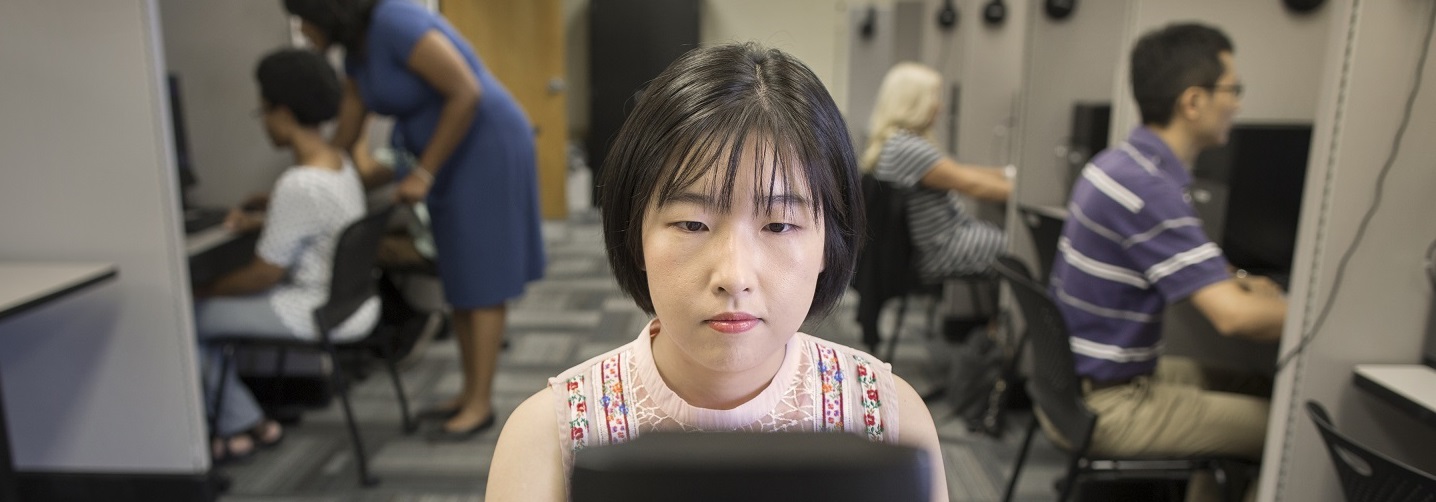The Media Effects Lab (MEL) at the LSU Manship School of Mass Communication is one of the largest and most sophisticated media research labs of its kind within the country, a state-of-the-art experimental lab equipped for measurement of a wide range of psychological and physiological responses among audiences of diverse forms of media.
Our Mission
MEL is dedicated to the exploration of consumers’ psychological responses to various media content and formats. Researchers strive to unravel the underlying thought processes, emotions and resulting attitudes associated with using mediated communication
Pioneering Media Research
MEL has helped pioneer novel research in a variety of fields, including:
- Political communication and social issues
- Entertainment and sports
- Social and mobile media
- Digital advertising
- Health communication
- News and information
- Stereotypes and implicit attitudes
- Crisis communication
Contemporary Topics
The MEL has conducted research on the effects of political television ads in the 2016 presidential election, responses to native advertising on social media, and audience reaction to recent movies such as “Black Panther” and “The Avengers.”
Research Opportunities
Researchers use experimental and survey methodologies to address theoretical and applied problems, explore communication innovations and technologies, and uncover trends in mass communication using innovative instruments and biometric technologies.
Graduate and undergraduate students work alongside faculty members to conduct research projects. These studies take the form of course projects, independent studies, honors and master’s theses, and dissertations.
Students can participate in online and lab-based studies to earn course credit for communications and political science courses. Faculty also seek to create valuable partnerships with agencies, companies and organizations in order to conduct data-driven research on topics related to media, communication and persuasion.
Meghan S. Sanders, director of MEL from 2010 to 2022, discusses the lab's unique capabilities.
